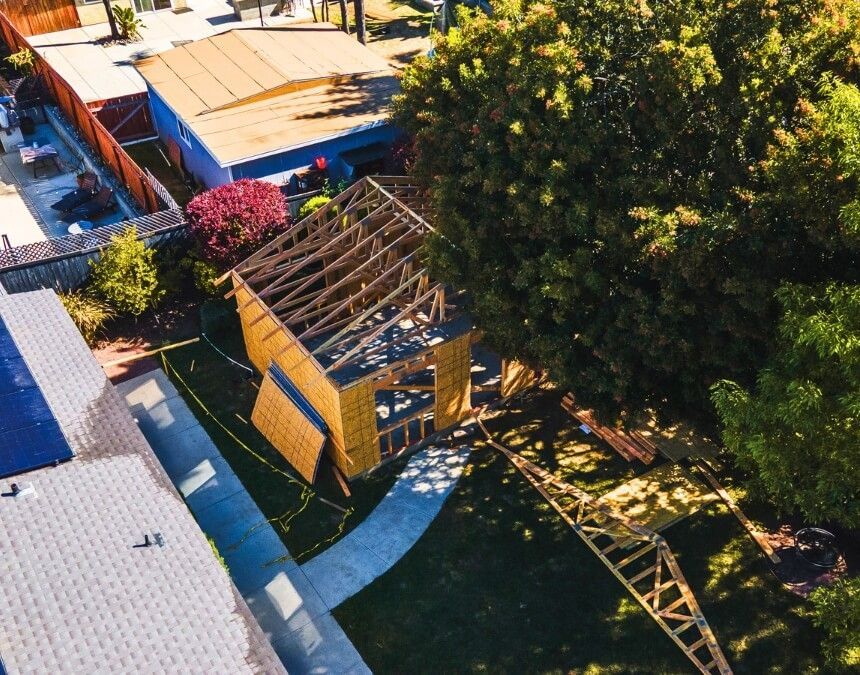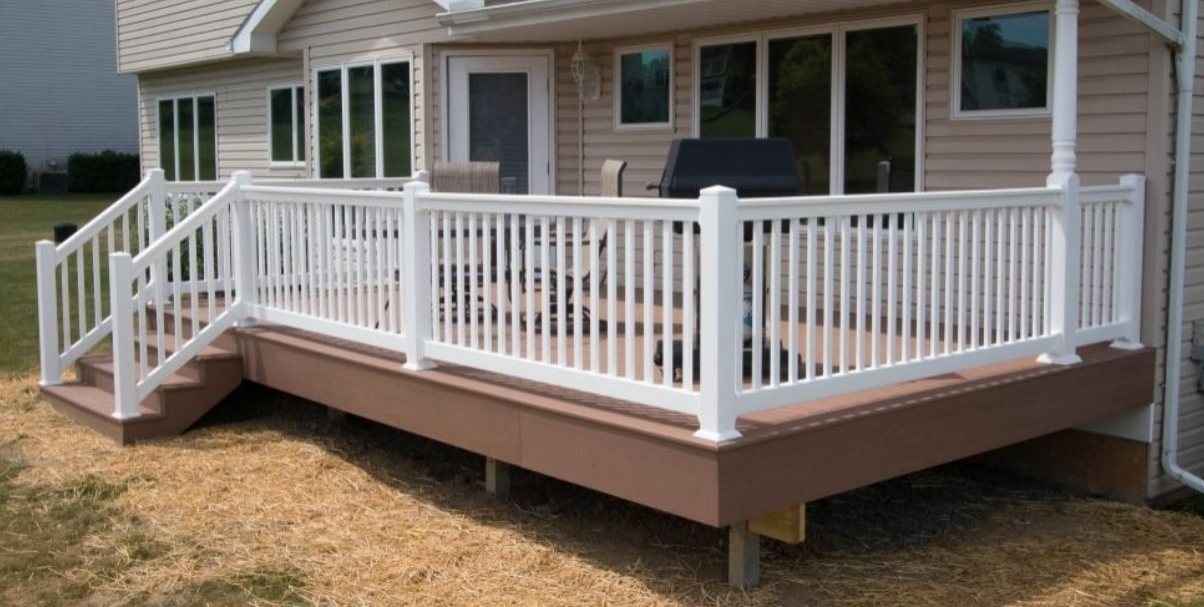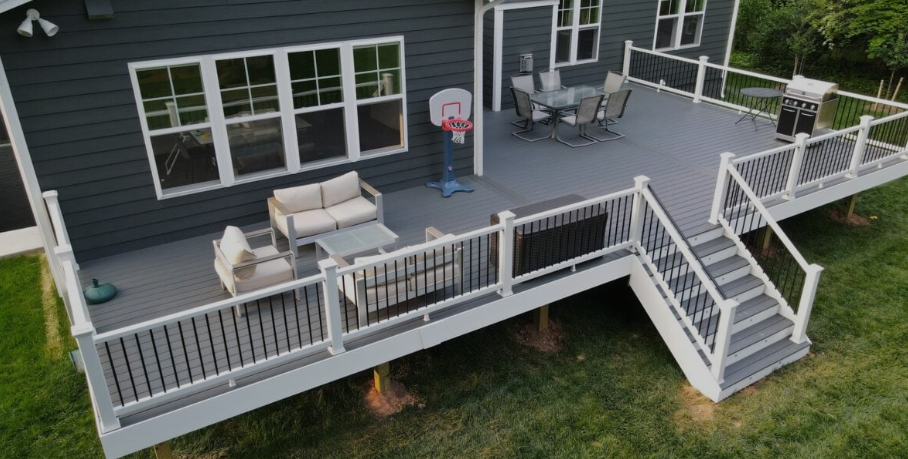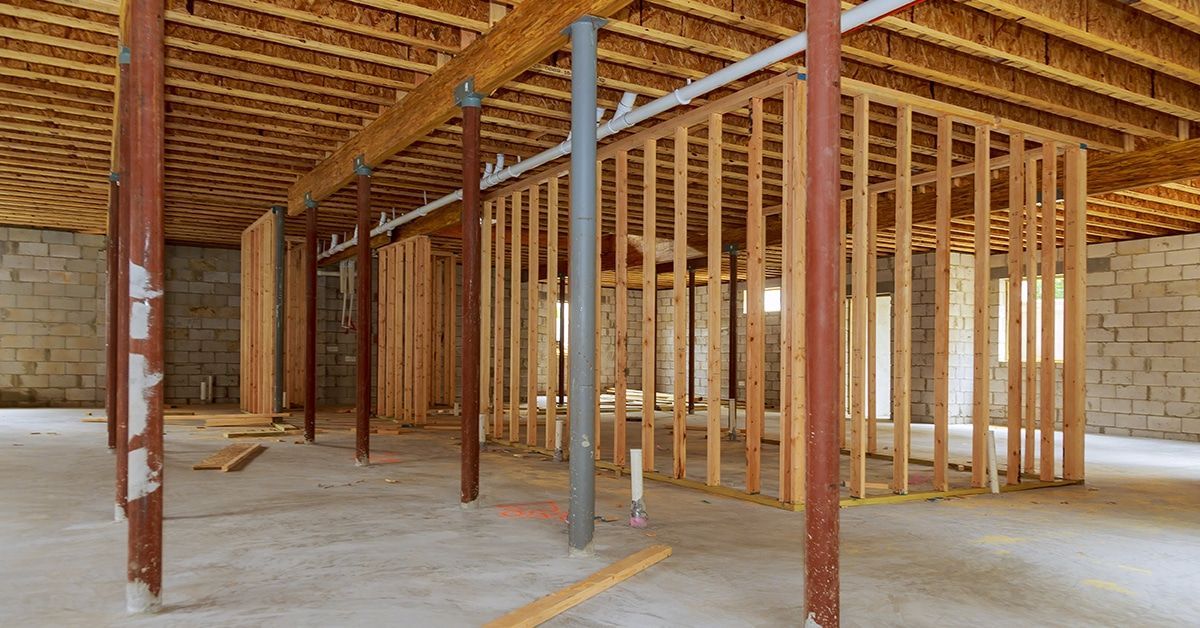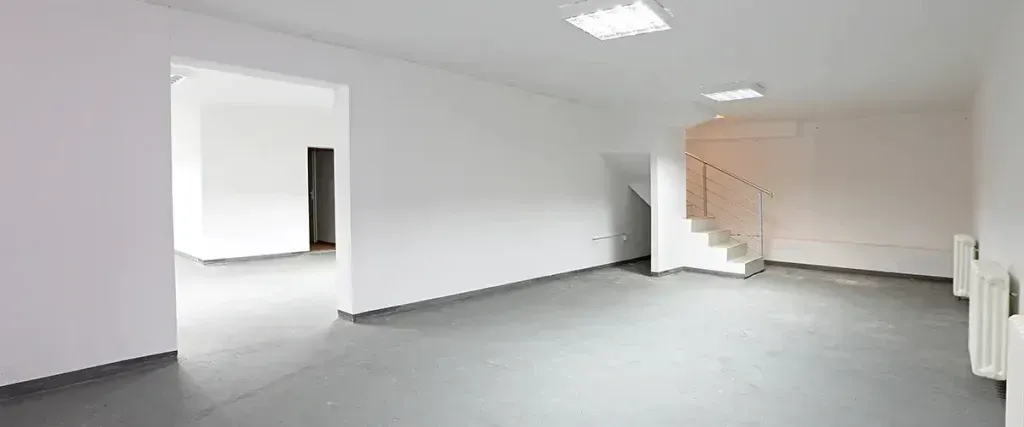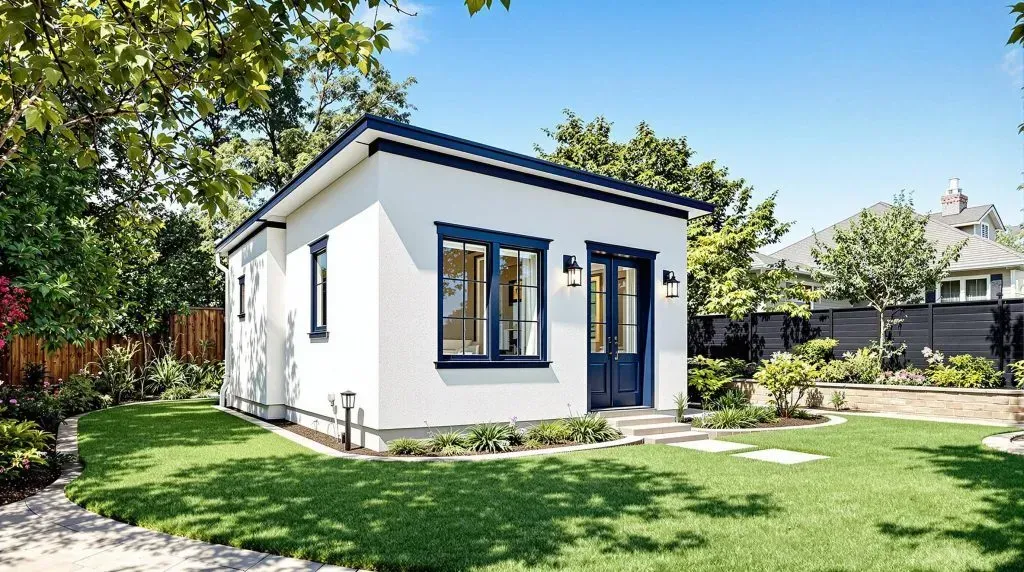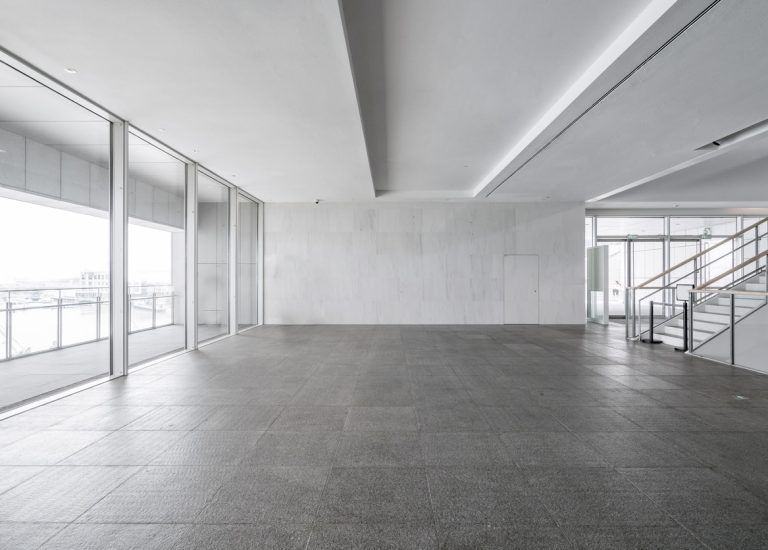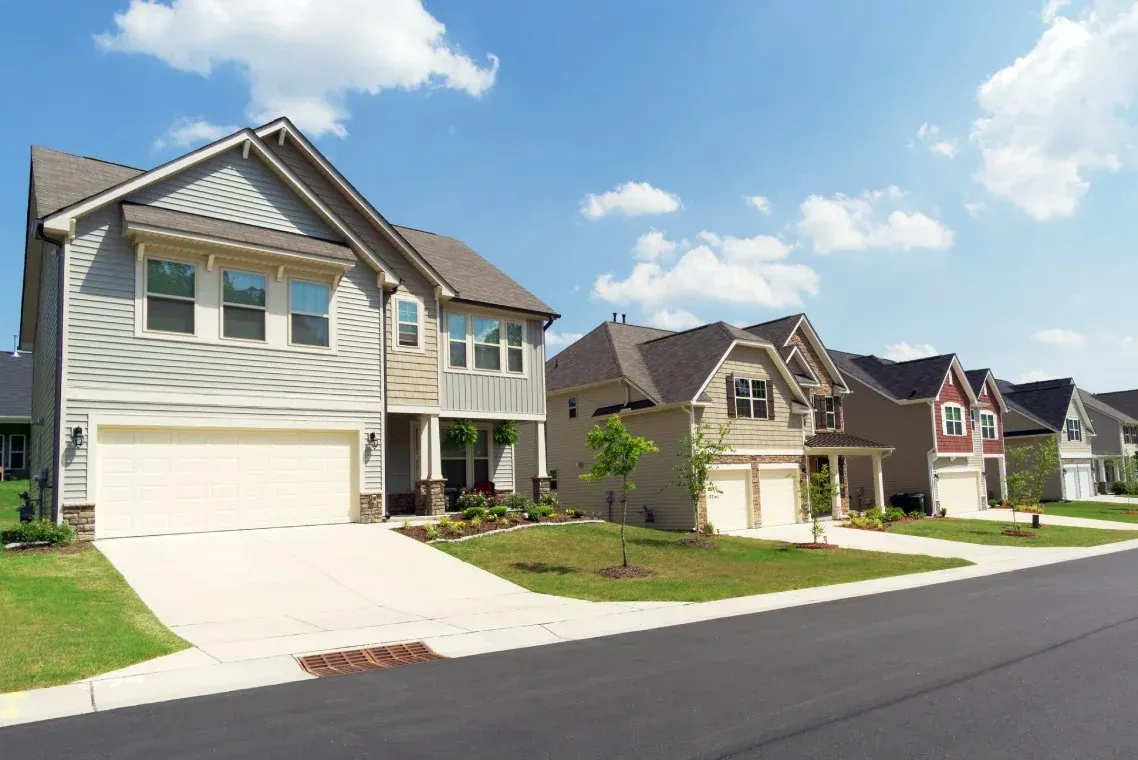Patio Drainage Solutions for Your Rhode Island Backyard
Rhode Island's beautiful landscapes and vibrant summers often come with unpredictable and sometimes heavy rainfall. For homeowners in Rhode Island, this can pose a serious threat to one of your most valuable outdoor assets – your patio. Standing water, poor drainage, and water runoff can lead to a host of problems, from a perpetually soggy and unusable space to structural damage and costly repairs. At Rockhouse Construction, serving Rhode Island as experienced patio builders, we understand the critical importance of effective patio drainage. In this comprehensive guide, we'll delve into the common drainage issues faced by Rhode Island backyards and explore essential solutions to ensure your patio remains a dry, beautiful, and long-lasting extension of your home.
The Wet Reality: Common Patio Drainage Problems in Rhode Island
Living in Rhode Island means embracing the beauty of our coastal climate, but it also necessitates dealing with its challenges. When it comes to patios, several drainage issues are prevalent:
- Standing Water: This is perhaps the most obvious and frustrating problem. After a rainfall, water lingers on the patio surface, creating a muddy, slippery, and unusable area. It can also attract mosquitoes and other pests, diminishing your enjoyment of your outdoor space in towns like Lincoln and Smithfield.
- Surface Runoff: Water flowing across your patio surface can carry dirt, debris, and even cause erosion of surrounding landscaping. This can stain your pavers, damage nearby plants, and create an unsightly mess in your Barrington or Bristol backyard.
- Sub-Surface Water Issues: Even if water doesn't visibly pool, poor sub-surface drainage can lead to a perpetually damp base beneath your patio. This can compromise the stability of your paver installation, leading to shifting, sinking, and uneven surfaces over time, a concern for homeowners in Warwick and East Greenwich.
- Damage to Adjoining Structures: Improper drainage can direct water towards your home's foundation, potentially causing leaks, dampness in basements, and long-term structural damage – a serious concern for any Rhode Island homeowner.
- Ice Formation in Winter: Trapped water can freeze and thaw during Rhode Island's winter months, exerting pressure on your patio pavers and potentially causing cracks and displacement. This freeze-thaw cycle is a significant factor to consider in areas like North Kingstown and Westerly.
Proactive Planning: Incorporating Drainage During Patio Installation
The most effective way to combat patio drainage issues is to address them during the initial design and installation phase. A knowledgeable Rhode Island patio contractor like Rockhouse Construction will consider the natural slope of your yard, soil type, and anticipated water flow to integrate effective drainage solutions from the outset. Key strategies include:
- Proper Grading and Slope: The most fundamental drainage solution is ensuring your patio is built with a slight slope (typically 1-2 inches per 10 feet) that directs water away from your home and towards designated drainage areas. This seemingly simple step is crucial for preventing standing water in your Cumberland backyard.
- Permeable Paver Installation: Opting for permeable pavers is an environmentally friendly and highly effective drainage solution. These specially designed pavers allow water to filter through the surface and into a gravel base below, reducing surface runoff and replenishing groundwater. This is an increasingly popular choice for eco-conscious homeowners across Rhode Island.
- Sub-Base Preparation: A properly prepared sub-base consisting of compacted gravel allows for excellent drainage beneath the paver surface, preventing water buildup and ensuring the long-term stability of your patio in towns like Central Falls and Pawtucket.
Retroactive Solutions: Addressing Drainage Issues in Existing Patios
If you're already experiencing drainage problems with your existing Rhode Island patio, don't despair. Several effective solutions can be implemented to improve water management:
- Surface Drains and Channel Drains: These linear drains are installed at strategic points on your patio surface to intercept and redirect water runoff. They are particularly effective in areas where water tends to pool or flow excessively, offering a practical solution for backyards in Cranston and Johnston.
- French Drains: These subsurface drains consist of a trench filled with gravel and a perforated pipe that collects and redirects groundwater away from your patio and home's foundation. French drains are an excellent solution for addressing persistent dampness beneath your patio in areas with poor soil drainage.
- Catch Basins and Grates: These structures collect surface water and direct it into underground pipes, effectively managing larger volumes of runoff. They are often used in conjunction with surface drains to provide a comprehensive drainage system for larger patios in South County.
- Regrading and Resloping: In some cases, the existing slope of your patio may be insufficient or even directing water towards your home. A professional Rhode Island landscape contractor can assess the situation and carefully regrade the patio surface to ensure proper drainage.
- Adding Drainage Swales: These shallow, vegetated channels can be created in your landscaping to intercept and redirect surface runoff away from your patio and towards designated drainage areas or natural water features. This is an aesthetically pleasing and environmentally sound solution for many Rhode Island properties.
Why Choose Rockhouse Construction for Your Rhode Island Patio Drainage Needs?
At Rockhouse Construction, we understand that a beautiful patio is only truly enjoyable when it's functional and well-drained. As experienced patio installers serving Rhode Island, we have the expertise to:
- Assess your specific drainage challenges: We'll evaluate your yard's topography, soil conditions, and existing patio to identify the root causes of your drainage problems.
- Design and implement effective drainage solutions: We'll recommend and install the most appropriate drainage system for your needs, whether it's during a new patio installation or as a retrofitting project.
- Ensure proper grading and installation techniques: Our skilled team pays meticulous attention to detail, ensuring your patio is built with the correct slope and that all drainage components are installed correctly for optimal performance.
- Provide long-lasting solutions: We use high-quality materials and proven techniques to ensure your patio drainage system effectively protects your investment for years to come.
Don't let rainwater compromise the beauty and usability of your Rhode Island patio. Contact Rockhouse Construction today for a free estimate and let our experienced team provide you with effective and reliable drainage solutions that will keep your backyard retreat dry and enjoyable, no matter the weather.
